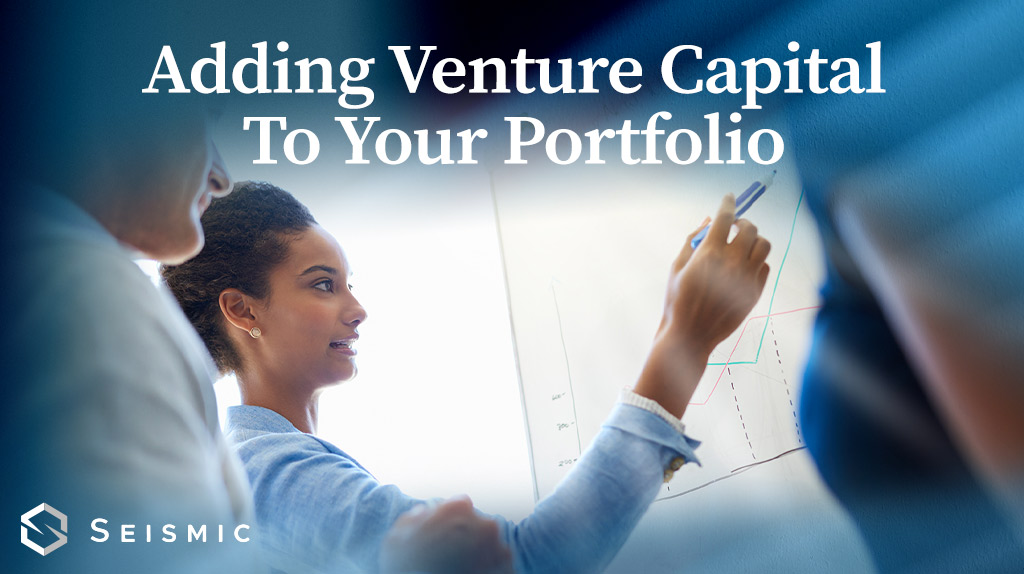Webinars
Q&A from the Webinar:
Q. When do you think we might start to see distributions or dividends?
A. When our companies start to cash flow, we’ll look seriously at paying dividends. When we sell a company, or take it public, we expect to be able to make a special distribution.
Q. You said you are not, under the SEC guidelines, allowed to make projections. Can you share some targets with the audience?
A. As we said, our goal is to double investor equity within 3-4 years. Given our excellent slate of prospective investments, including the two we expect to announce very shortly, this appears to be within reach.
Q. I think you said that you won’t invest in a company before it has a product and a customer. Would you start to look at a company while it’s building a product and a customer?
A. This is already a part of our corporate methodology. It gives us a chance to get to know the company, and understand it well. It also gives the company a chance to get to know us, so that, together, we can decide whether we’re a good fit for each other.
Q. How do the advisors work with you and the portfolio companies?
A. Our awesome team of advisors has experience in just about every aspect of corporate leadership, development, and growth. They work with us to help us with issues and opportunities as they arise, and they are an excellent sounding board. They’ll do the same thing with our portfolio companies. They’re on board to be available and helpful.
Q. It seems like you really are changing the way that venture investing is done, by making it available to all. Why hasn’t anyone done this before?
A. Thank you for noticing. We worked hard to find a way that would allow us to welcome investors at all levels because we wanted to make venture investing available. Venture capital is the best producing of all the asset classes, and because of structural issues pertaining to how many investors overall they were allowed to have, funds haven’t been able to accept anyone but high net worth and institutional investors. We fixed that by moving to a holding company format, think Berkshire Hathaway, and we molded it to fit the VC world (for clarity, Berkshire is not traditionally a venture investor). Technology also has developed to the point where investor rosters and cap tables can easily be managed online. In the past, keeping track of large numbers of investors has been a burden on a company. Now the technology supports this.
Q. Alice, you received the CFO of the year from the LA Business Journal. Weren’t you up for a similar award from the LA Times not long ago?
A. Alice was a nominee for CFO of the year in the LA Times award. Alice is a star, and a key member of the Seismic Capital founding team.
Q. I was really excited to hear Eric talk about Game Cloud Network. Do you think you’re really going to get that one?
A. Stay tuned. It is highly likely this will come to fruition.
Q. Who do I contact to make an investment under the private placement?
A. Alice Neuhauser at apn@seismic.company. Or you can always write to invest@seismic.company to reach the entire team.
Q. Why do you need two offerings?
A. The private placement has an audience that is restricted to accredited investors. The Reg A offering welcomes all investors, including non-accredited, in keeping with our goal of making venture investing available to all.
Q. Can you go over the QSBS considerations again, please?
A. Seismic Capital will be issuing Qualified Small Business Stock (QSBS) until the time that our Net Asset Value reaches $50 million. During that time, if you purchase shares directly from the company (not from someone who already hold our shares), you have taken the first step towards qualifying for the QSBS federal capital gains tax exemption. If you hold your shares for five years, the benefit should be available to you (consult your tax advisor). There is no requirement of ours that you hold your shares that long. It’s only necessary if you want to shield your gains from taxes.
Q. Do you think you will ever take Seismic itself public, or is that an idea that’s confined to the portfolio companies?
A. After we grow for a while, we’ll see if there’s any appetite in the market for our shares. Hopefully, there will be.
Q. Would you ever sell one of your companies privately, or is the strategy to always seek IPOs?
A. Our goal is to achieve the best possible return for our investors. If a private sale is beneficial, or a management buyout, or a spinout is better than an IPO, we’ll decide that in consultation with company management.
Q. How do you plan on protecting the fund if a company has a later round that would be dilutive to the fund?
A. Our plan is to be the sole capital source for our companies throughout the time they are with us. In that way, we can protect against outside dilution. If a circumstance arose where a company needed or wanted an outside infusion of capital – for instance, if they wanted to bring in a strategic investor that would help them drive new business – we’d look at whether the dilution was worth taking. It might actually be accretive to the business overall. That would be the goal.

